
God’s mechanic: How Salesi Faupula found himself following a family tradition
Posted on 11 Feb 2026
Rev. Salesi Faupula is the Uniting Church’s moderator for the synod of Victoria and Tasmania. Born…
Posted on 02 Apr 2024
By Greg Thom, Institute of Community Directors Australia

It’s important the brothers and sisters of family members with intellectual disability be seen and supported, says Siblings Australia CEO Dr Shannon Schedlich.
I have had a varied career – I hold a PhD in Australian history; I’ve worked in politics and sports administration – but central to all my career decisions has been a desire to try to make the world a bit better.
I love the NFP sector and how dynamic it can be.
I was a ministerial chief of staff when my now-teenage son was nine months old. We were working in people-centred portfolios but when there was a ministerial reshuffle, it was an opportunity to really consider what it was that mattered to me.
Like many parents, I took a bit of a sideways step to help balance my life while my kids were younger, but seven and a half years ago, I decided it was time to start refocusing on where I wanted to go.
I was attracted to the NFP sector because of its agility – you can respond really quickly to issues as they are happening. I spent five years running a start-up NFP in media and education research before deciding it was time for a change.
Siblings Australia is celebrating 25 years in 2024 and can make such a huge impact on so many individuals and families.
It is incredibly gratifying to see that sort of impact on a daily basis. It’s also exciting to be in a working environment where you can sit down with your team, do some blue-sky thinking, and walk away from that meeting with an immediate actionable activity.
We are a blended family, and my nine-year-old stepdaughter is autistic and has an intellectual disability.
The children I brought into this relationship (including Syd, pictured, who recently helped out at the SourceKids expo when it was held in Adelaide) became “siblings”, as Siblings Australia describes them, through my marriage.
Like so much of life, the sibling experience is nuanced; and for siblings of people with disability or health issues, this can doubly be the case. Some brilliant things arise out of these relationships, but there can also be some tricky aspects.
We need to make sure that siblings are seen and supported, in policy and practice.
Seeing the dynamics that exist when there is a child with additional needs really made it clear to me the importance of the work of Siblings Australia. My kids have learnt a lot from being siblings, but I’m also very aware of making sure that there isn’t parentification going on in our house.
Having someone with high needs in the house can be tricky for the adults in the room, so why would we expect children to not have the same sort of experience?
"Family is the foundation of society, and the sibling relationship is usually the longest relationship of a person’s life. We need to make sure it is strong and supported."
Siblings Australia exists to make sure that siblings of people with disability or health issues are seen and supported, in both policy and practice.
Family
is the foundation of society, and the sibling relationship is usually the
longest relationship of a person’s life. We need to make sure it is strong and
supported.

Most siblings love and care about their family member with disability or health issues, and many enjoy loving relationships. However, they also report ongoing challenges and stresses, usually beginning in childhood, when they lack the understanding and maturity to cope.
They talk of poor sleep, isolation, grief, guilt, confusion, and low self-worth, all of which can then lead to education impacts and a range of mental and physical health problems over their lifetime.
Without support, siblings can grow up feeling less important within their family. Most importantly, without this early support, the sibling relationship can become strained and even break down.
Siblings can disconnect from their family as they age, resulting in losses for the whole family.
Siblings Australia has a range of services and supports available to siblings across the lifespan, and it has resources for people working with siblings to understand the challenges that can exist with being a sibling.
Some of our programs, such as SibConnect, are peer-to-peer – it takes a sib to know a sib! – while others, like SibSupport, are run by professional staff.
It’s not just about helping siblings to cope though – we also work on a systemic level to make sure that siblings’ needs, and the role of siblings, are being appreciated on a policy level.

Posted on 11 Feb 2026
Rev. Salesi Faupula is the Uniting Church’s moderator for the synod of Victoria and Tasmania. Born…
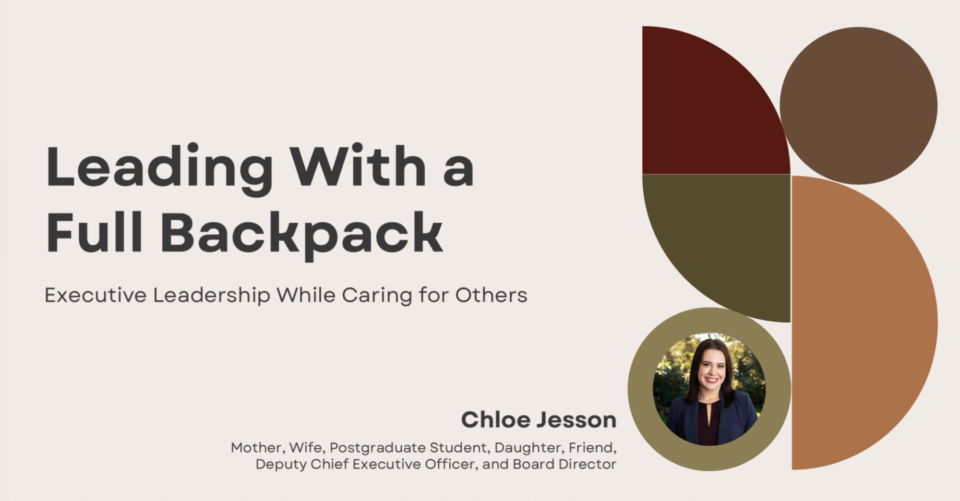
Posted on 04 Feb 2026
At the Third Sector leadership conference in Sydney last year, Queensland health executive Chloe…
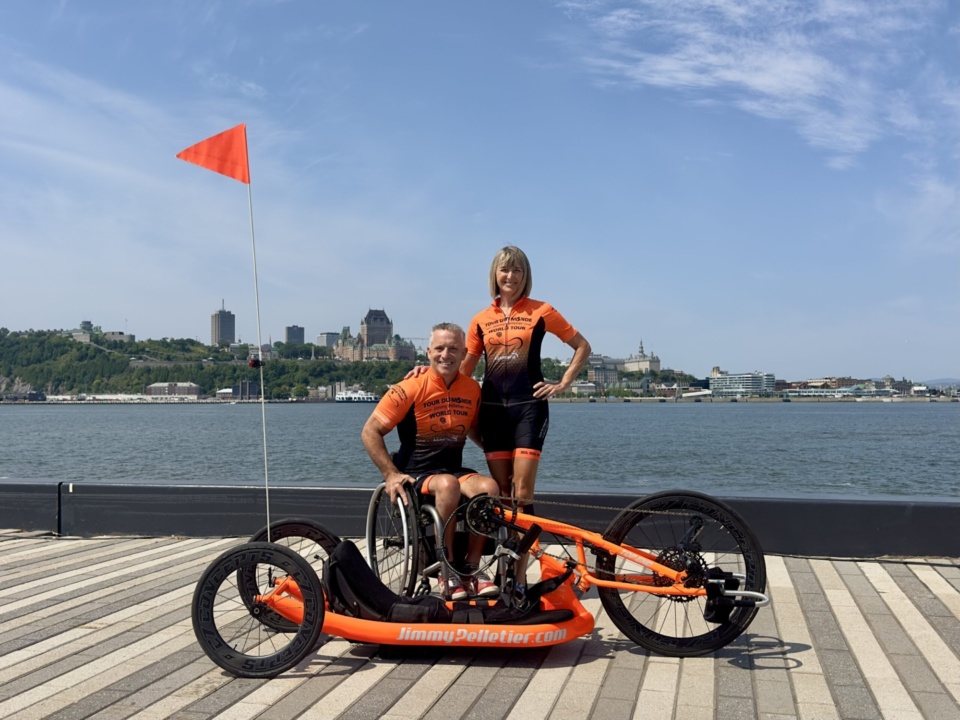
Posted on 28 Jan 2026
French-Canadian Jimmy Pelletier, who lives with paraplegia, is six and a half months into a…
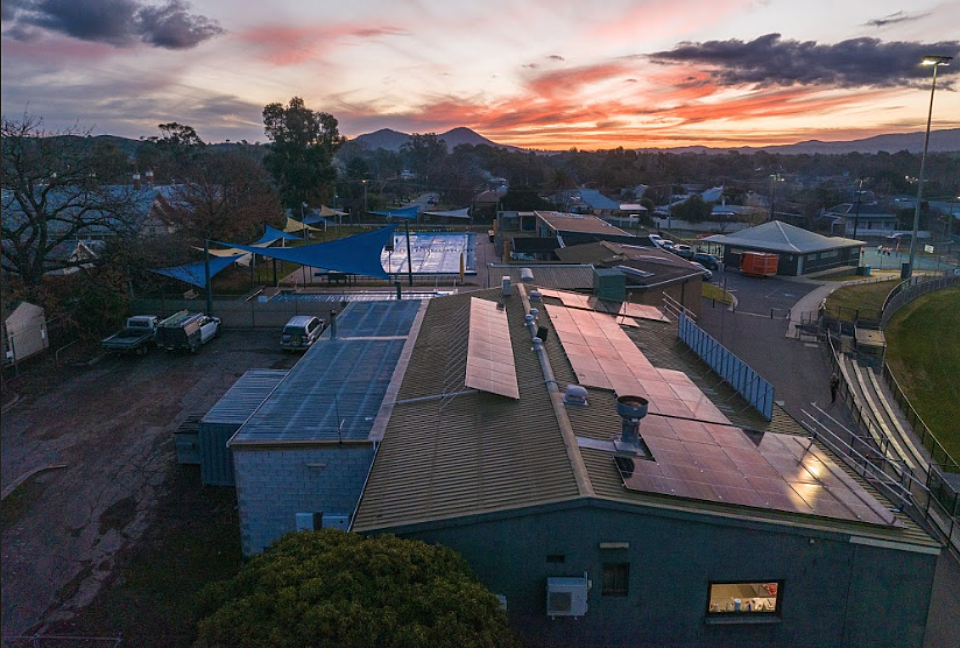
Posted on 16 Dec 2025
Lex Lynch spent more than two decades in the climate change and renewables field before last year…
Posted on 10 Dec 2025
A long-time advocate for rough sleepers in northern New South Wales has been named her state’s…
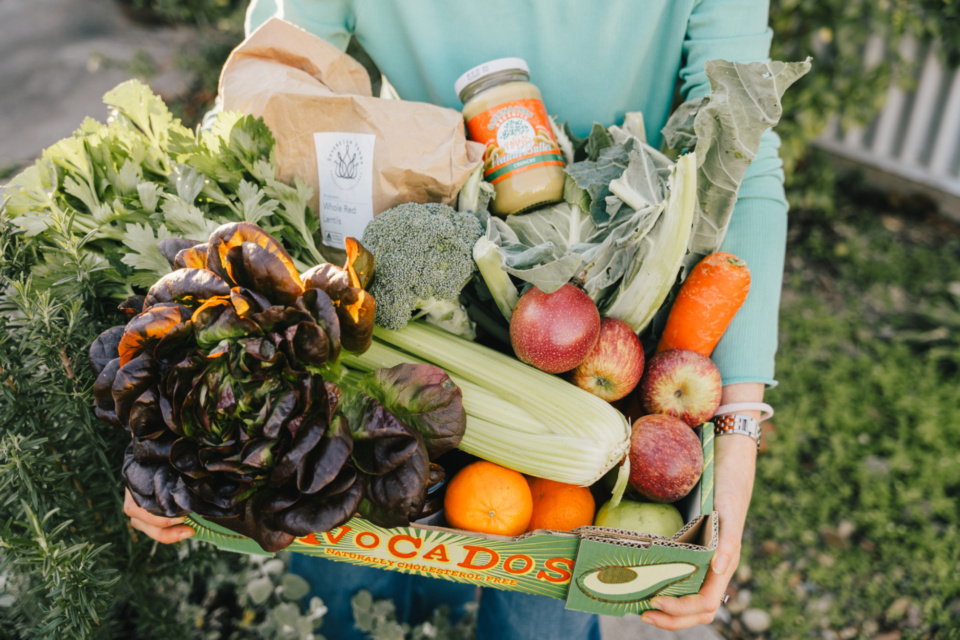
Posted on 03 Dec 2025
Emma-Kate Rose is the co-CEO of Food Connect Foundation, working with communities to support the…

Posted on 26 Nov 2025
Next Wednesday, December 3, All Abilities ambassador Greg Pinson will be celebrating the…
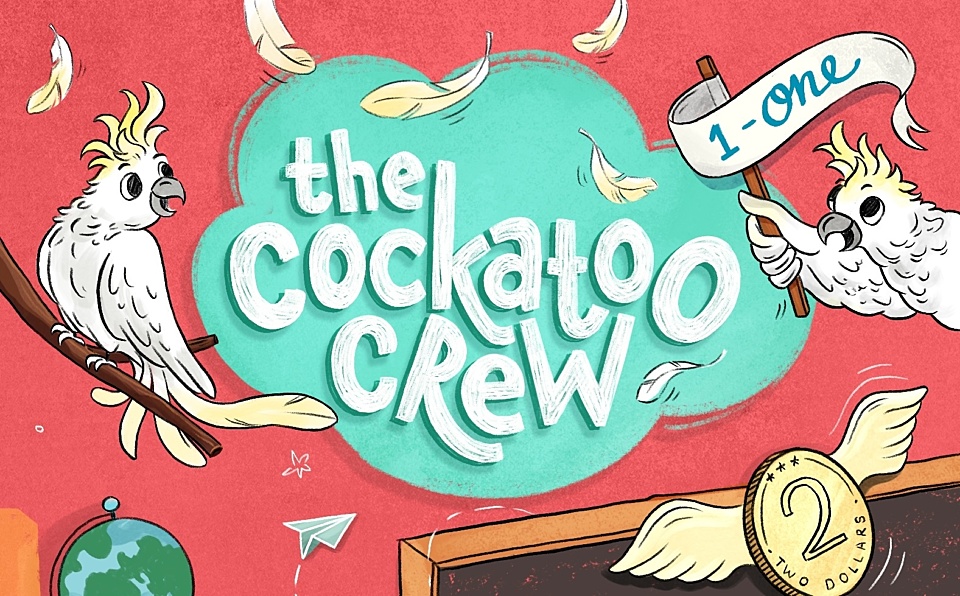
Posted on 19 Nov 2025
Lora Inak is the author of the Cockatoo Crew books, a new children’s fiction series (illustrated by…

Posted on 11 Nov 2025
Project Manta, a long-running scientific study that includes a citizen scientist component, is…
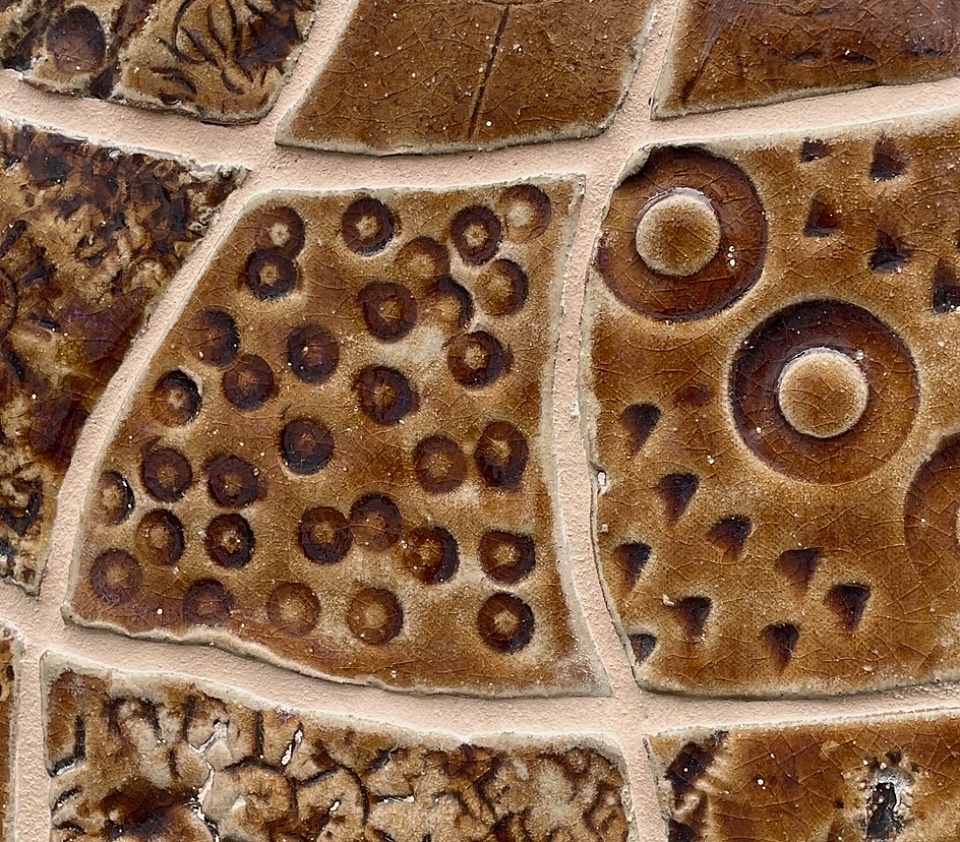
Posted on 04 Nov 2025
Diamando Koutsellis is the CEO of the not-for-profit Australian Ceramics Association, as well as a…
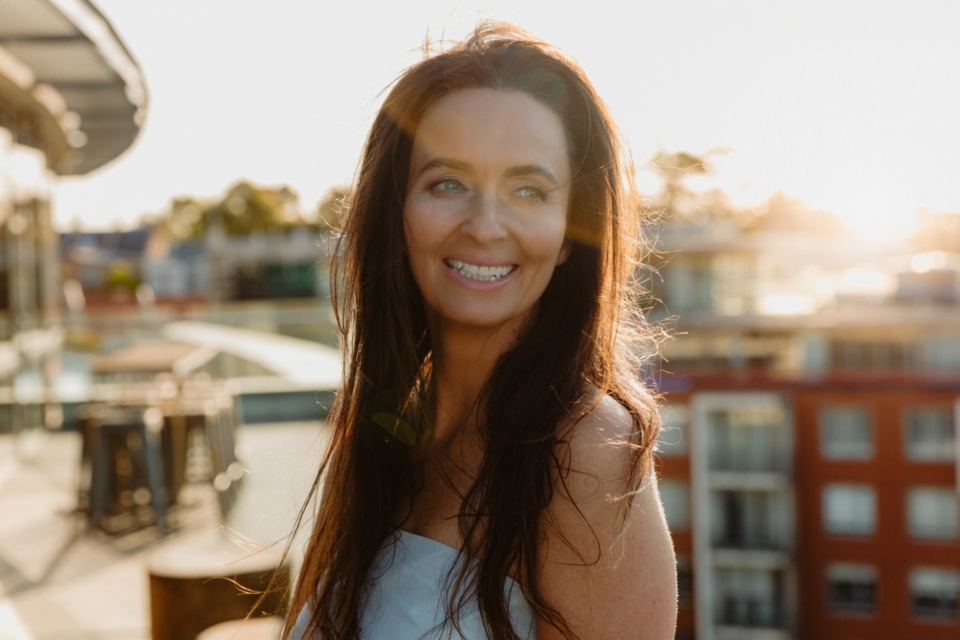
Posted on 28 Oct 2025
Mandy Richards is the founder and CEO of Global Sisters, a charity reinventing employment,…
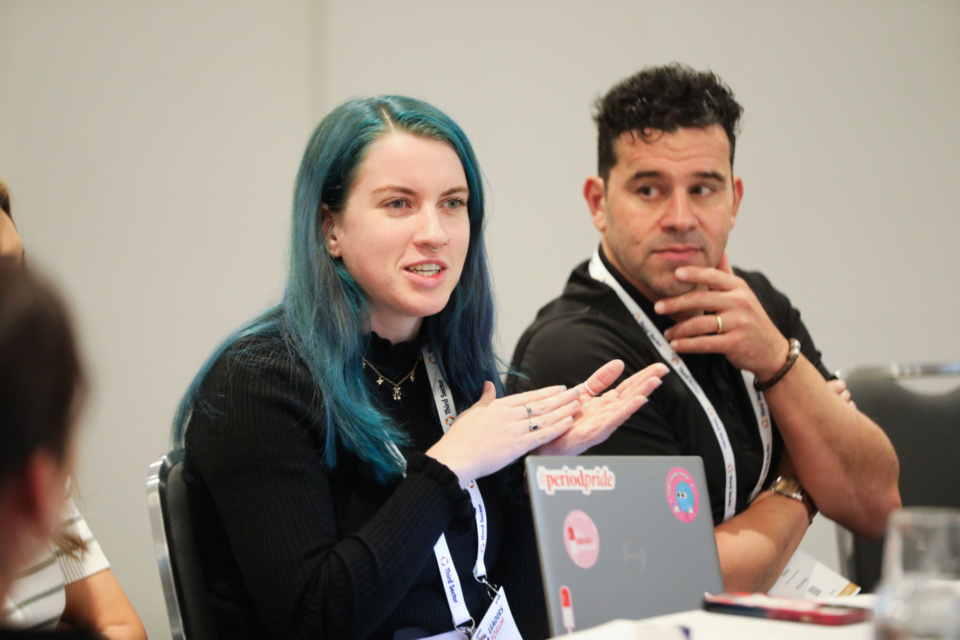
Posted on 22 Oct 2025
Brittiny Edwards is an advocacy and communications specialist for Share the Dignity, a charity that…